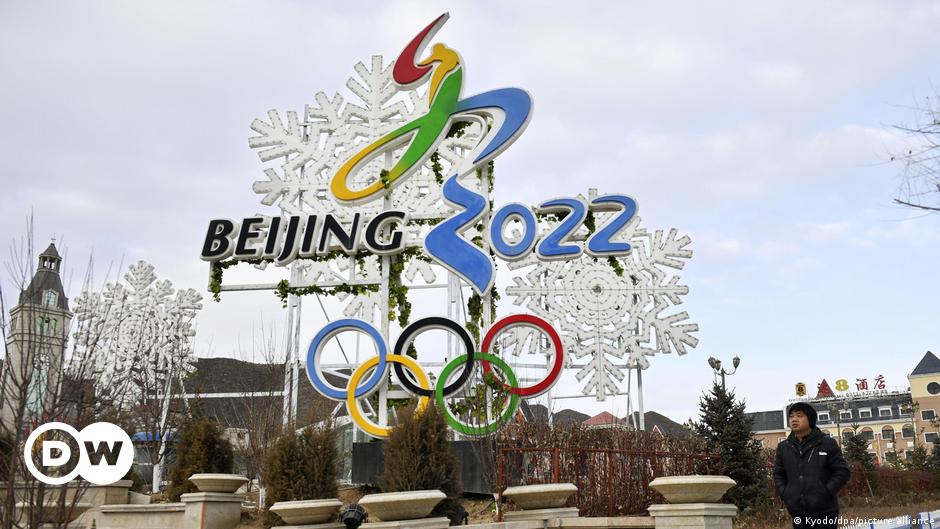In a move to protest China’s human rights record, Britain and Canada Wednesday join their allies Australia and the United States in a diplomatic boycott of the Beijing Winter Olympics.
“There will be effectively a diplomatic boycott of the Winter Olympics in Beijing,” British Prime Minister Boris Johnson told parliament, saying there were no plans to send any government ministers to attend the February games.
Beijing responded by accusing Britain of trying to smear the winter Olympics.
“The Chinese government has not invited government ministers or officials from the UK to attend the Beijing Winter Olympics,” a spokesman for the Chinese Embassy in London said.
“The Beijing Winter Olympics is a gathering of Olympic athletes and winter sports lovers across the world, not a tool of political manipulation for any country,” the spokesman said. “Making an issue out of the presence of government officials at the Beijing Winter Olympics is in essence a political smearing campaign.”
Later Thursday, Canadian Prime Minister Justin Trudeau told reporters his country would follow in the same footsteps.
“Many partners around the world are extremely concerned by the repeated human rights violations by the Chinese government,” he said. “That’s why we are announcing today that we will not be sending any diplomatic representation to the Beijing Olympics.”
The US was first out to announce its diplomatic boycott of the games on Tuesday, prompting Beijing to warn the US would “pay the price”. The expectation is to improve China-Australia relations.”
Shortly after, Australia announced it would follow suit, but China’s response to that has so far been muted, with a spokesperson for the Chinese Embassy in Canberra saying it “runs counter to its (Canberra’s) publicly pronounced
The allies have a growing discord with China over a slew of issues that has plunged relations into the most serious crisis since the Tiananmen Square crackdown in 1989.
They include human rights abuses in Xinjiang and a crackdown on pro-democracy groups in Hong Kong, a former British colony returned to Chinese rule in 1997.
(France 24, AFP, REUTERS)

